This is a great TBT (Through Back Thursday) post – Over the years, I have been blogging many great posts and sadly, they get forgotten in the land of lost blog entries. Until now, so with the inception of our new blog, I can rescue them and bring them back to life every Thursday.
For all those kids (and not just kids) who have finished school or professionals that are in search of work, here are my 12 Tips (they were 10 but after I re-read the entry from March of 2012, I had to add a couple of new ones to the mix).
Every year I have been in business I have interviewed a lot of potential employees and they often don’t take these steps that I am about to share – I think these tips will make a better impression with your possible future employer when you are interviewing for a job as a designer at a firm.
Once you are involved in the industry, you will find yourself in interview situations constantly – with clients, contractors and various media outlets. Many of these skills can be applied to these situations as well.
I
Please don’t show up without booking an appointment before hand. Contact the firm by phone or email and do some research before attempting to drop off your resume in person. It is very disrupting if the future employer is having an appointment with a client, and you just show up.
II
Dress to impress. It is just a basic rule of business etiquette. But the reason I am mentioning this is because I have even gotten kids with T-shirts and runners.
III
When you arrive, start with a firm handshake and present your business card. It is a great opportunity to show a well designed card and your natural interest in good design, this card should be consistent with your portfolio.
IV
Please don’t show all your creative work. Showcase your strengths, and talk about them. Have 6 to 8 pieces in your portfolio. Place the best pieces at the front and back. Balance the presentation.
It’s great that you have hobbies… employers don’t always need to know them. Please only include relevant artwork and information in your portfolio and résumé.
If your potential employer requests your portfolio in a digital format, keep the file size to a minimum. Ideally under 2 or 3 MB, to avoid clogging their inbox. I have received resumes that were over 30 MB.
V
Have at least six to eight questions ready to ask (if you have less, you’ll find they will be answered in the course of the interview). Take a moleskin or nice notepad and a quality pen with you. You don’t need to write anything, but It will showcase that you are organized. if you feel it’s appropriate, you can always write suggestions that your possible future employer gives you regarding your portfolio – If the interview doesn’t pan out, you can still use the constructive criticism.
VI
Talk about your work before you show it, but don’t talk too much. This should be one short sentence to engage the interviewer. The employer will be looking at you as you speak. Then show us your work.
VII
Include sketches. We are as interested in how you got to the final solution as the solution itself. You can show other concepts – remember learning division in school? You got marks for your work, as well as the final answer.
VIII
Have a copy of your résumé at the end of the portfolio. Offer it even if the interviewer already has it.
IX
Be upfront and honest.
X
Tell us you really want the job (believe it or not, hardly anyone does this), and ask for the firm’s business card.
XI
When you get back home, send an email or a handwritten note thanking the firm for the interview – Please don’t send presents, that could be considered odd and uncomfortable. It has happened in the past and as much I appreciate the courtesy, that particular individual didn’t got the job.
X II
Make yourself stand out – Be professional, be yourself and smile!
At the end of the day you will have to use these skills with every new client your firm gets, or yourself if you decide to run your own design studio. Every new client becomes a job interview. So it is very important to always represent the best of yourself in each opportunity.


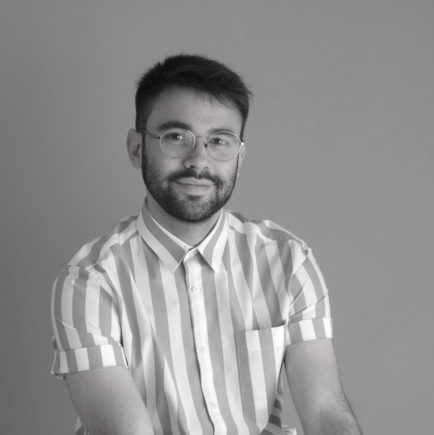
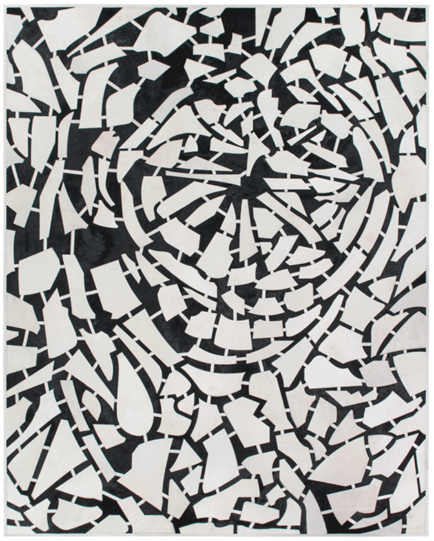
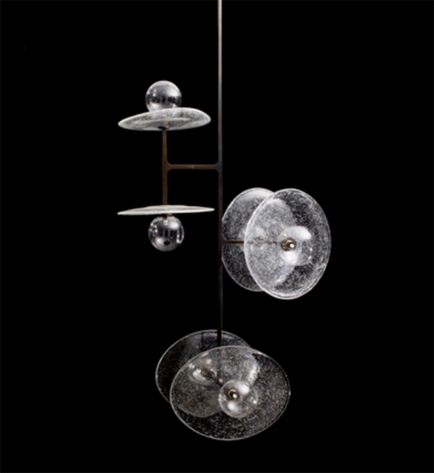
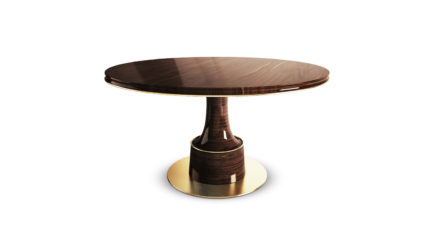
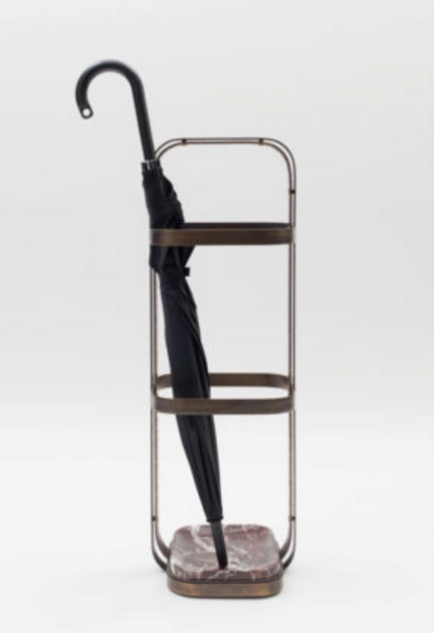
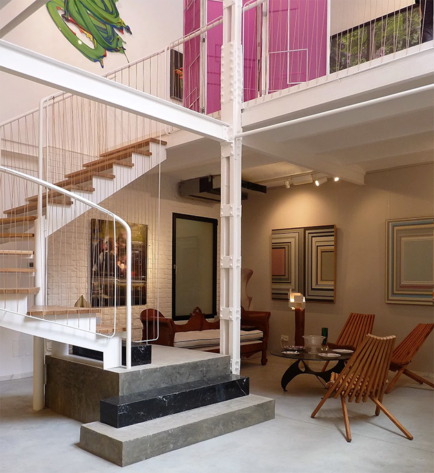
Comments